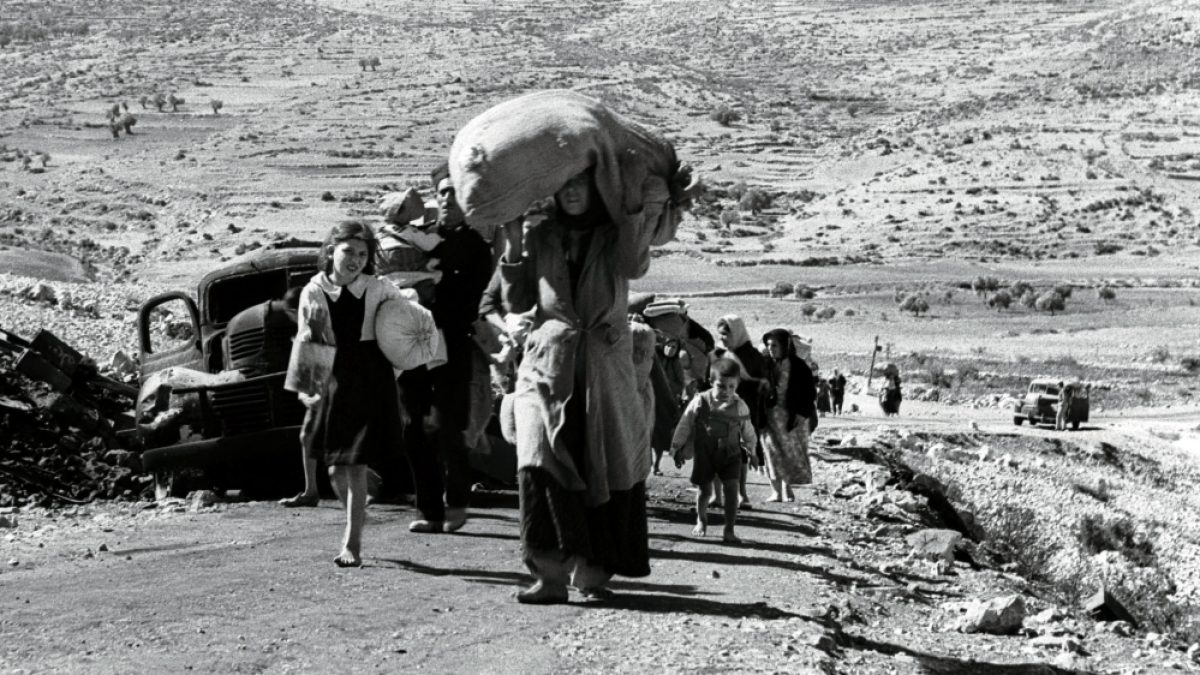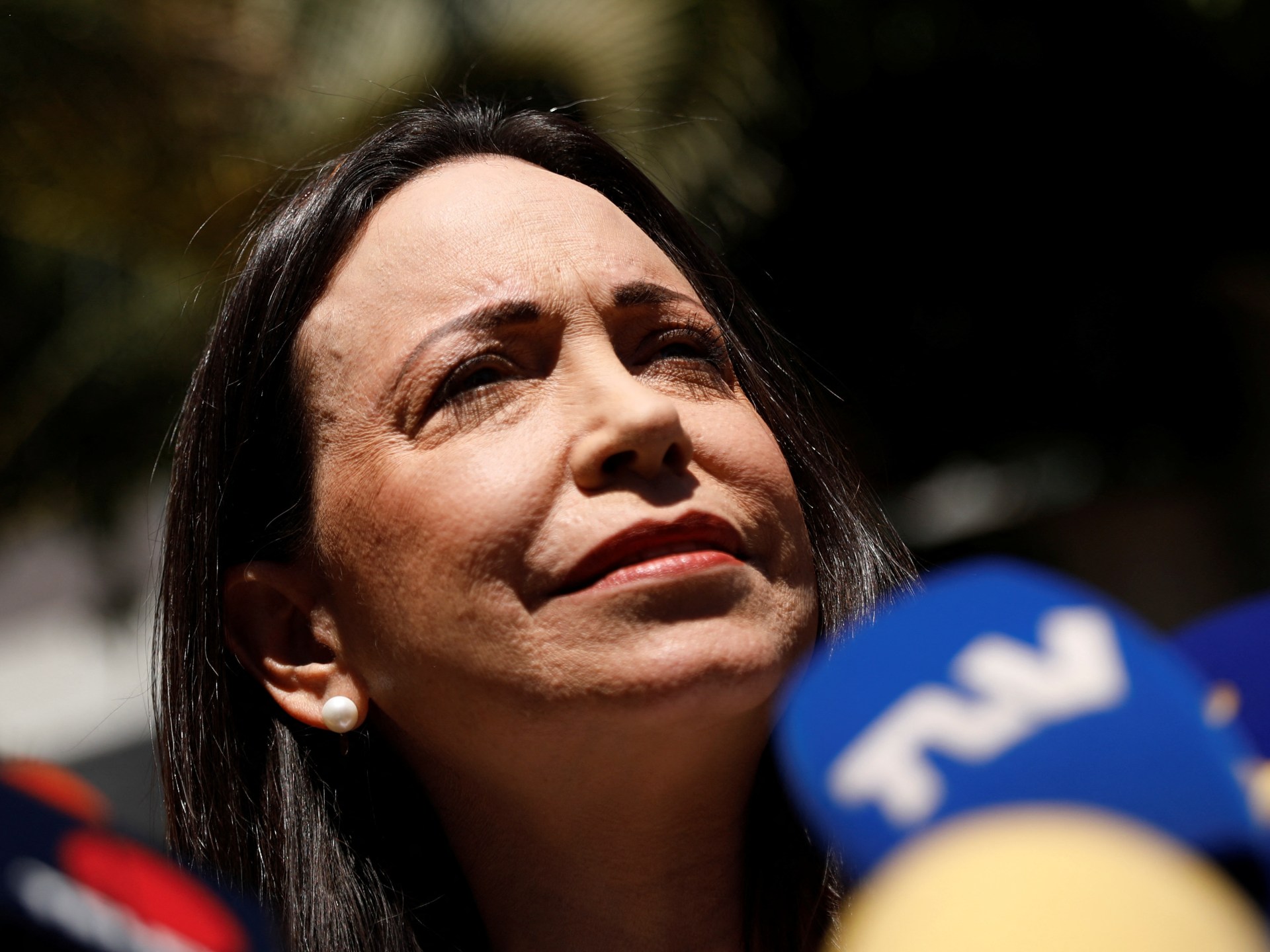
DUBAI, United Arab Emirates (AP) — Former Iranian President Mahmoud Ahmadinejad registered as a possible candidate in the presidential election on Sunday, seeking to reclaim the country's highest political office after the country's president was killed in a helicopter crash.
The populist ex-leader's registration puts pressure on Supreme Leader Ayatollah Ali Khamenei. While in office, Ahmadinejad openly challenged the 85-year-old cleric, and his attempt to run in 2021 was blocked by the authorities.
The return of the Holocaust-questioning politician comes at a time of rising tensions between Iran and the West over Tehran's rapidly advancing nuclear program, its arming of Russia in the war against Ukraine and its sweeping crackdown on dissidents. At the same time, Iran's support of proxy militias across the Middle East has come into focus as Yemen's Houthi rebels attack ships in the Red Sea over the war between Israel and Hamas in the Gaza Strip.
Ahmadinejad is the most prominent candidate to register so far. After registering, he vowed to seek “constructive cooperation” with the world and improve economic relations with all countries.
“The economic, political, cultural and security problems go beyond the situation in 2013,” Ahmadinejad said, referring to the year he left the presidency after two terms.
After speaking to journalists in front of more than 50 microphones, Ahmadinejad shouted with his finger raised: “Long live spring, long live Iran!”
Before his arrival at the Iranian Interior Ministry, his supporters chanted and waved Iranian flags. They quickly surrounded the 67-year-old Ahmadinejad and shouted: “God is the greatest!”
He walked down the steps of the ministry and, as usual, showed his passport to the dozens of photographers and video journalists present at the registration. While a woman processed his candidacy, he sat down, turned to the journalists, nodded and smiled at the cameras. After completing his registration, he was to give a speech.
An election is planned for June 28 to replace Khamenei's hardline protégé, President Ebrahim Raisi, who died in a helicopter crash in May along with seven other people.
Former parliament speaker Ali Larijani, a conservative with close ties to former, relatively moderate Iranian President Hassan Rouhani, has already registered, as has former head of Iran's central bank Abdolnasser Hemmati, who also ran in 2021.
It is still unclear who else will run. The country's incumbent president, Mohammad Mokhber, who previously worked as a bureaucrat in the background, could be the favorite, as he has already been seen meeting with Khamenei. Former reformist president Mohammad Khatami is also being discussed as a possible candidate, but as with Ahmadinejad, the question of whether he will be allowed to run is another matter.
The five-day registration period ends on Tuesday, and the Guardian Council is expected to publish its final list of candidates within 10 days, allowing for an abbreviated two-week campaign before the election in late June.
Ahmadinejad previously served two four-year terms from 2005 to 2013. Under Iranian law, he is eligible for re-election after four years, but he remains a polarizing figure even among hardliners. His controversial re-election in 2009 sparked massive protests by the “Green Movement” and a sweeping crackdown in which thousands of people were arrested and dozens killed.
Abroad, he became a caricature of Western perceptions of the Islamic Republic's worst quality: he questioned the Holocaust, insisted that Iran had no gay or lesbian citizens, and suggested that Iran could build a nuclear weapon if it wanted to.
But Ahmadinejad remains popular among the poor for his populist aspirations and housing programs. Since leaving office, he has raised his profile through social media and written well-publicized letters to world leaders. He has also criticized government corruption, even as his own administration has faced corruption allegations and two of his former vice presidents have been jailed.
Khamenei warned Ahmadinejad in 2017 that his re-election would create a “polarized situation” that would be “detrimental to the country.” Khamenei said nothing during Ahmadinejad's re-election bid in 2021, when his candidacy was rejected by the 12-member Guardian Council, a body of clerics and jurists ultimately headed by Khamenei. That body has never admitted a woman or anyone calling for radical changes in the country's governance.
This body could reject Ahmadinejad again. However, in the race to succeed Raisi, there has not yet been a candidate who enjoys Khamenei's clear, overwhelming support.
___
Associated Press writer Nasser Karimi in Tehran, Iran, contributed to this report.






Recent Comments